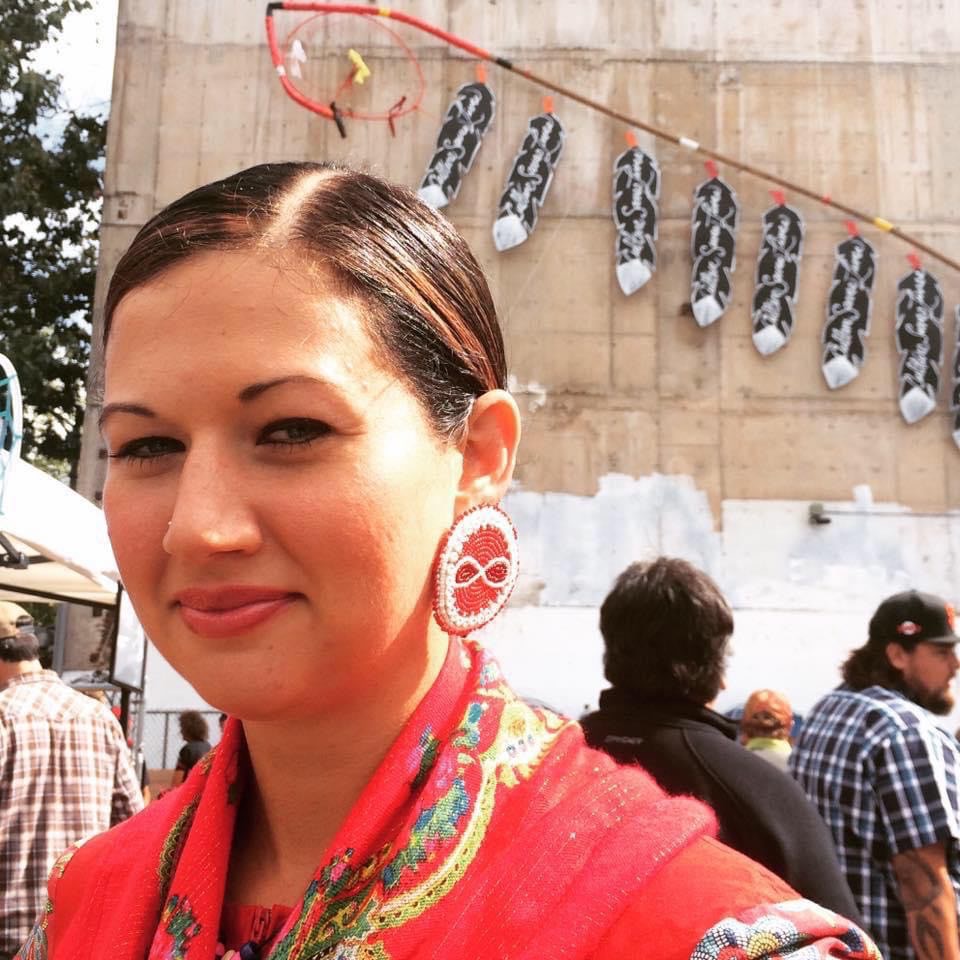
Dr. Karlee Fellner
by Brandi Morin
(ANNews) – A Calgary based Cree/Metis Registered Provisional Psychologist says it’s essential for Indigenous People to decolonize the way they process anxiety and trauma in order to be healthy.
Given the Coronavirus pandemic adding stress, depression and feelings of uncertainty to many communities it is an opportunity to reconnect with Indigenous ways of processing traumatic experiences.
Dr. Karlee Fellner specializes in developing Indigenous based therapies at the University of Calgary.
She believes the Coronavirus pandemic contains a lesson connected to Indigenous world views.
“From an Indigenous worldview, we recognize everything is interconnected,” said Fellner. “Something like this pandemic (now, I got this from my elders) is not just a random event. There’s some kind of purpose and meaning to it.”
While mainstream society deals with increased mental health awareness due to Coronavirus, Indigenous Peoples have been battling a mental health epidemic of their own for decades.
Canada’s Indigenous population represents just 4.3 per cent of the overall population, yet suicide rates among Indigenous youth are 5 to 6 times the rate of mainstream Canada.
According to Mental Health and Suicides in Indigenous Communities in Canada published by the Canadian Federation of Medical Students (2017), the “cultural heritage of colonialism” and “the now-defunct federal Indian Residential school system (created under direction of the Indian Act) left a legacy of physical and psychological trauma which has contributed to the disproportionately high suicide rate seen in some Indigenous communities.”
However, the same study noted that suicide is not universally pervasive within Indigenous communities, “A strong sense of culture and ownership of community has been shown to be protective against suicide and self-harm behaviours in some communities.”
Connecting back to traditions, cultural and Indigenous spirituality is key to restoring the overall health and healing of Indigenous Peoples, says Fellner.
The symptoms of the Coronavirus, according to Fellner and her elders, are similar to the symptoms that the earth is experiencing through pollution and global warming. When the earth hurts, so does humanity, she explained.
“Like the COVID-19, when a person is having trouble breathing and having a fever, this is what we’re seeing on the earth from the unsustainable way we’ve been living. So, the Indigenous worldview here is very different than a colonial viewpoint – and a virus is a teacher.”
Returning to Indigenous ways of being will help heal anxiety, stress, and trauma experienced from ancestors and up until today, she explained.
The high levels of stress many people are feeling is part of a collective struggle, “Each one of us are part of the universe and have been for generations through our family lines. This pandemic – our ancestors survived major pandemics, so this is what’s called trauma knowledge. We are feeling what our ancestors felt when they had to survive.”
There are simple ways to reclaim Indigenous ways of coping, creating balance and connection, she said.
An Indigenous approach of dealing with a tough situation looks at “changing our relationship with our experiences.”
“For example, we want to run from different stuff, and I still try to run away from uncomfy feelings – but if we actually want to listen, to stop and be in a good relationship with it, usually an answer for healing will appear.”
Being isolated for long periods can be overwhelming and some people may be susceptible to depression, she went on to say. The best form of Indigenous therapy she recommends is to reconnect with the land.
“I always go to the land. It’s restoration for me; healing, medicine. For thousands of years we’ve always had traditions of being alone with the land. The land renews itself; the plants are always purifying the air and it’s big, strong and ancient enough to hold anything.”
Fellner is referring to exchanging unpleasant feelings or thoughts with the land and taking in its strength in return.
If people are unable to be on the land or are isolated in an urban area Fellner encourages them to find a “grounding” object and keep it in the house. Sage, smudge, mint, teas, dirt, plants or stones are all examples of utilizing land medicine.
She also encourages people to focus on each day as it comes.
“Don’t resist what is right now. You may be thinking, ‘I want to be out doing this with my friends or going to ceremony’ – those feelings are OK. But understand it’s temporary; this is the way things are and I’ll be OK with it for the time being.”
For more information on Dr. Karlee Fellner’s work head to www.maskihkiy.com

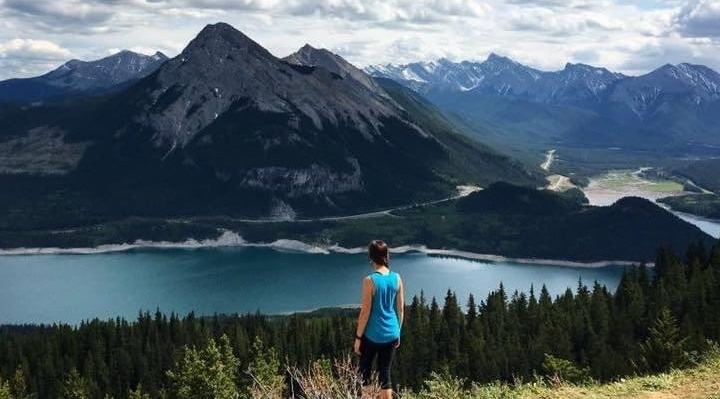

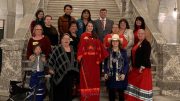
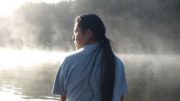

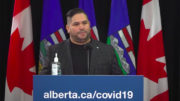
Be the first to comment on "Coping with Coronavirus mental health impacts using Indigenous based therapies"